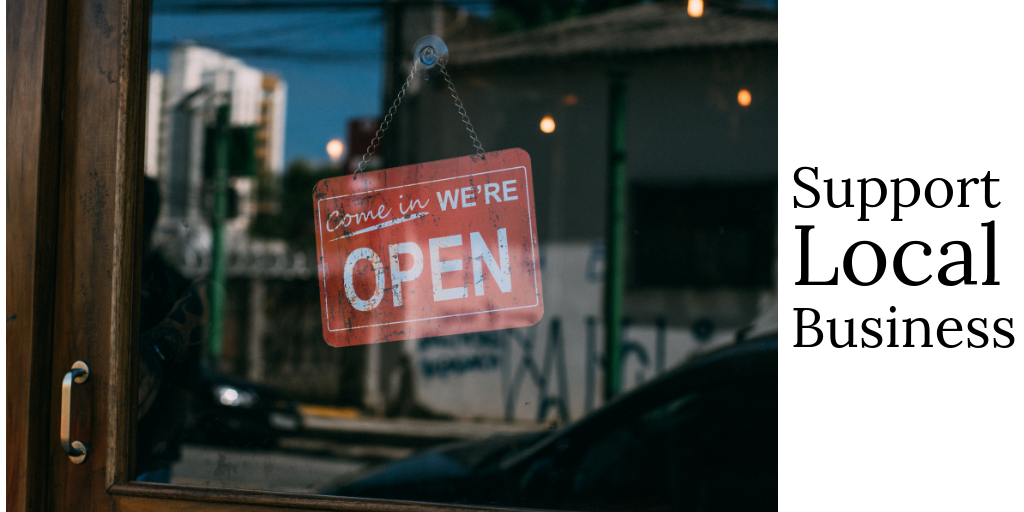
Several weeks ago we covered how to write an employee handbook. In our next series, we outline the local, state, and federal laws that you should include in your employee handbook.
Equal Employment
Equal Employment Opportunity prohibits unlawful discrimination based on age, race, color, sex, national origin, religion, disability, and genetic information. This also prohibits employers from retaliating against employees who file discrimination complaints.
On top of this, many states and localities have added additional antidiscrimation laws such as health disabilities, gender equality, diversity, and inclusion. Be sure to firstly check what your state and city’s entitlements are and secondly, include them in your employee handbook.
Leave of Absence Laws
Some leave of absence policies, such as personal time off, are based off employer discretion. Others are governed by state and federal laws. Some examples include medical, military, and jury duty leave.
Additional obligations to consider include:
- FMLA: The Federal Family and Medical Leave Act (for employers with 50 or more employees)
- USERRA: The Uniformed Services Employment and Reemployment Rights Act
- ADA: The Americans with Disabilities Act (for employers with 15 or more employees)
As you can see, number of employees influence some of these entitlements as well as location. Another growing trend is paid sick leave. This varies greatly from state to state, so we recommend checking your own locations state and local laws.
This week was just the beginning of Employee Handbook obligations. Stay tuned for next week where we cover wages and drug testing.
Inspiration for this post came from “Employee Handbook 2.0: Aligning Your Policies With Employment Laws,” by Melisa Morrison, published in the April 2022 issue of American Quilt Retailer.
If you’re looking for more information to guide you in owning a retail business, subscribe to American Quilt Retailer today. Already a subscriber? No worries—join our Facebook group for insights and dialogue from industry specialists like you. And don’t forget, you can always purchase single issues if you prefer that instead.





